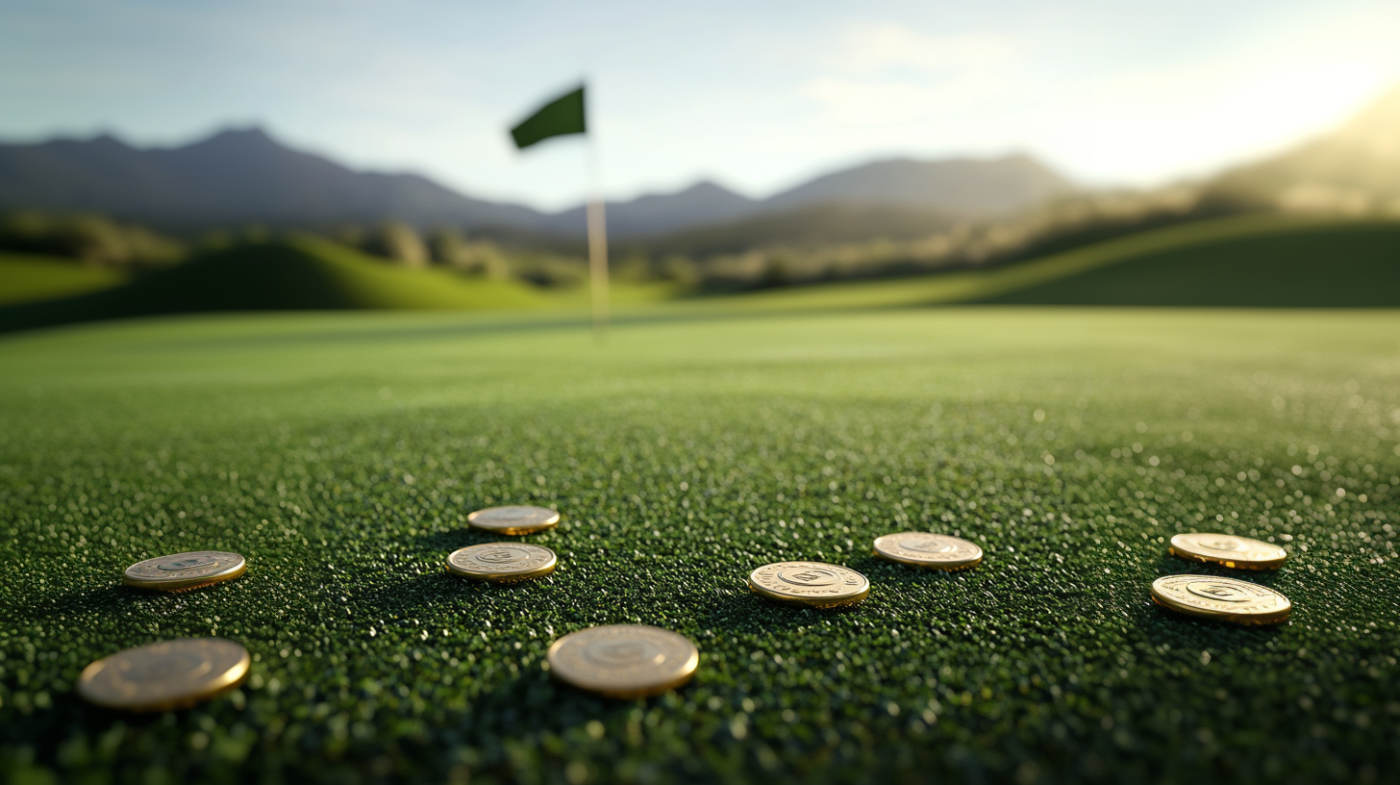Looking for the best time to visit Ireland for gold? Whether you’re here for adventure or chasing a dream, this guide will help you uncover Ireland’s golden secrets—no magic required!
So, you’re planning a trip to Ireland and heard whispers that it’s a treasure trove of gold (and maybe golf!), and now you’re wondering if it’s true. Is there gold in the Emerald Isle, or is it just an internet myth? While some may scoff and claim it’s a typo meant for golfers, let’s entertain the possibility of the best time to visit Ireland for gold and what if there’s actual gold waiting for you in Ireland? (Hint: there is! See Chapter 7).
Ireland is a land steeped in history, mystery, and natural beauty. Whether it’s the legends of hidden treasures or the real gold deposits in Wicklow and Tyrone, there’s enough intrigue here to inspire even the most skeptical treasure hunter. And hey, even if you don’t strike it rich, you’re guaranteed an unforgettable experience in one of the world’s most enchanting countries. Is there a best time to visit Ireland for gold? Let’s find out.
Chapter 1: The Golden History of Ireland
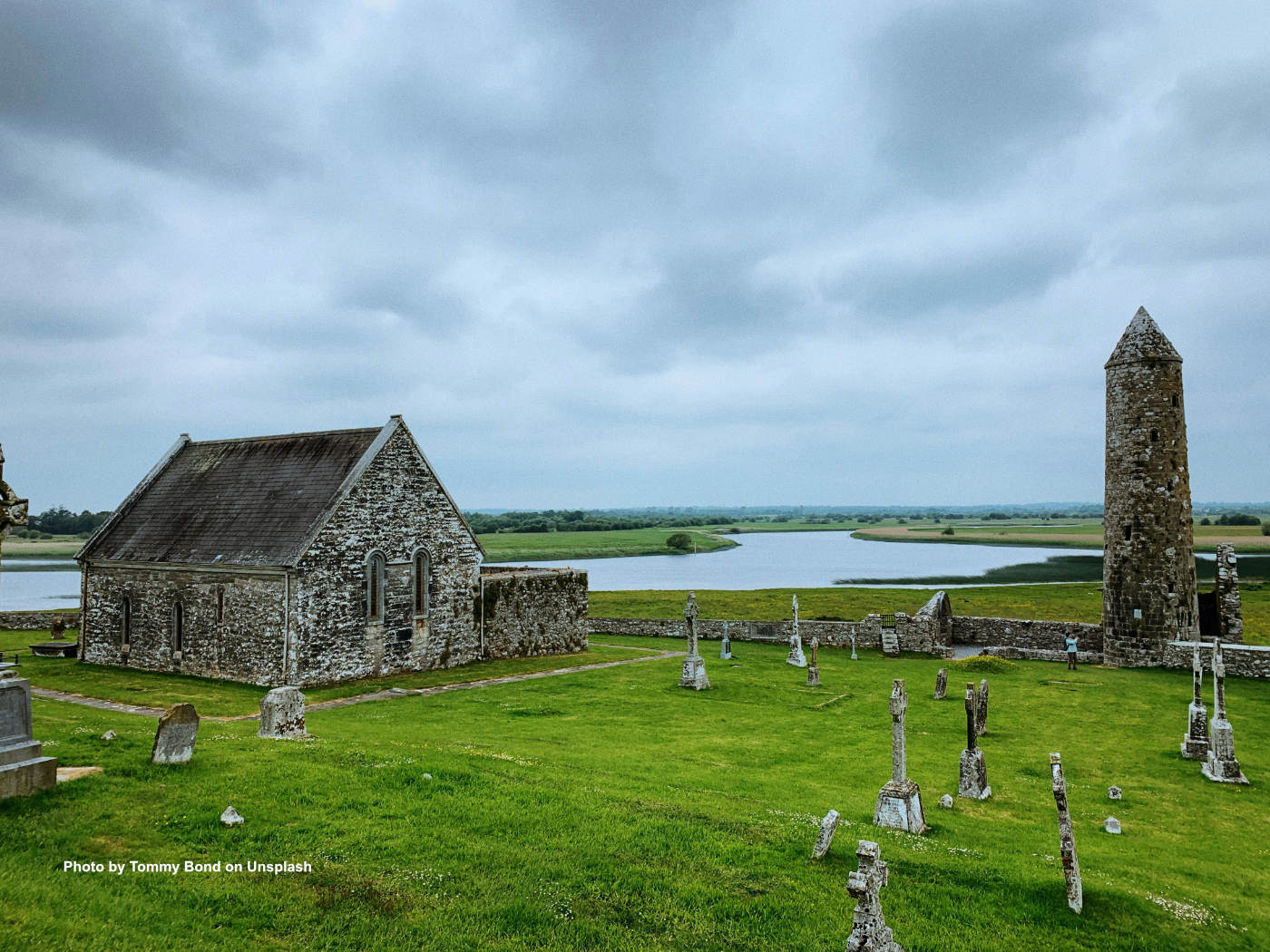
Gold in Ancient Ireland
Ireland has long had a fascination with gold. The ancient Celts prized the metal, crafting elaborate torcs, brooches, and ornaments that were as much symbols of power as they were works of art. You can see some of these stunning relics at the National Museum of Ireland in Dublin, where treasures from Ireland’s prehistoric past are on display.
The Gold Rush of Wicklow
In the late 18th century, Ireland had its very own gold rush in the Wicklow Mountains. Prospectors descended upon Gold Mines River (also known as the Aughrim River) in search of riches. While the deposits weren’t extensive, the idea of gold in Ireland has captured imaginations ever since.
Viking Hoards and Hidden Treasures
Ireland was a key target for Viking raiders, who looted monasteries and towns for gold and silver. But not all of their plunder made it back to Scandinavia. Many treasures were buried or lost over time, leaving behind a legacy of hidden hoards waiting to be discovered. (Certainly, they thought it was the best time to visit Ireland for gold!)
Chapter 2: Is There Real Gold in Ireland?
Yes, there is! Modern-day prospectors have found gold deposits in several parts of Ireland, particularly in Wicklow and Tyrone. While you’re unlikely to uncover a massive nugget, flakes and small pieces have been discovered in streams and rivers. For those with a keen eye and a bit of patience, the possibility of finding gold is very real.
Key Areas for Gold Prospecting:
- Wicklow Mountains: The most famous region for gold in Ireland, thanks to its history and accessible rivers.
- Sperrin Mountains, County Tyrone: Known for gold exploration projects and occasional discoveries.
- Other Streams and Rivers: Scattered across the country, smaller streams might surprise you with a glimmer of gold.
Chapter 3: The Best Time to Visit Ireland for Gold?
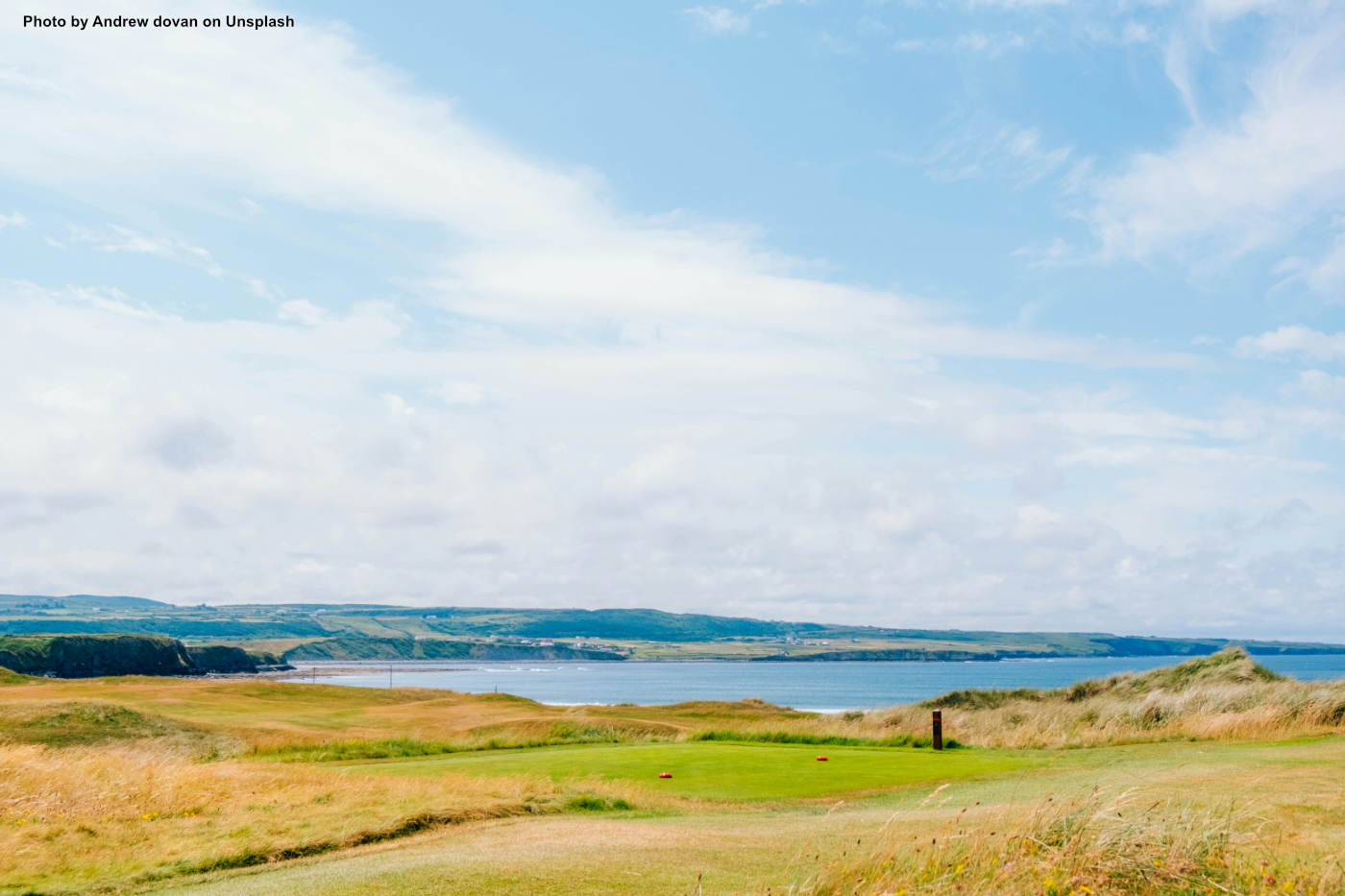
Gold hunting isn’t just about where you go—it’s also about when you go. The Irish climate is famously unpredictable, so timing your trip is crucial.
Spring (March–May): The Ideal Start
Spring in Ireland is a magical time, with blooming wildflowers, fresh greenery, and frequent rainbows. The mix of rain and sunshine creates perfect conditions for exploring rivers and streams. The weather is mild, and the landscape is alive with possibility. Add this season as a contender for the best time to visit Ireland for gold.
Summer (June–August): Long Days for Exploring
Ireland’s summer months offer the longest daylight hours, giving you more time to search for gold (or simply enjoy the scenery). While it’s a popular season for tourists, the expansive countryside means you can still find peaceful spots to explore. Let’s be honest here, summer is definitely the best time to visit Ireland for gold (or golf) if you’re planning outdoor activities.
Autumn (September–October): Quiet and Picturesque
As the leaves turn golden, Ireland’s countryside takes on a whole new level of beauty. Autumn is quieter than summer, making it a great time for reflective adventures. Streams are still accessible, and the crisp air adds to the charm of your search. If you want to see nature’s gold in the trees, then Autumn is the best time to visit Ireland for gold!
Winter (November–February): Not Recommended
Ireland’s winters are wet, windy, and often too cold for serious gold hunting. The ground is frozen, and the rivers are harder to navigate. That said, it’s a perfect season for planning your next adventure or visiting museums to learn about Ireland’s golden history. The best time to visit Ireland for gold? No, bbbiiiiiiirrrrrrrr. But there are lots of indoor activities to consider.
Chapter 4: Top Gold-Hunting Destinations in Ireland
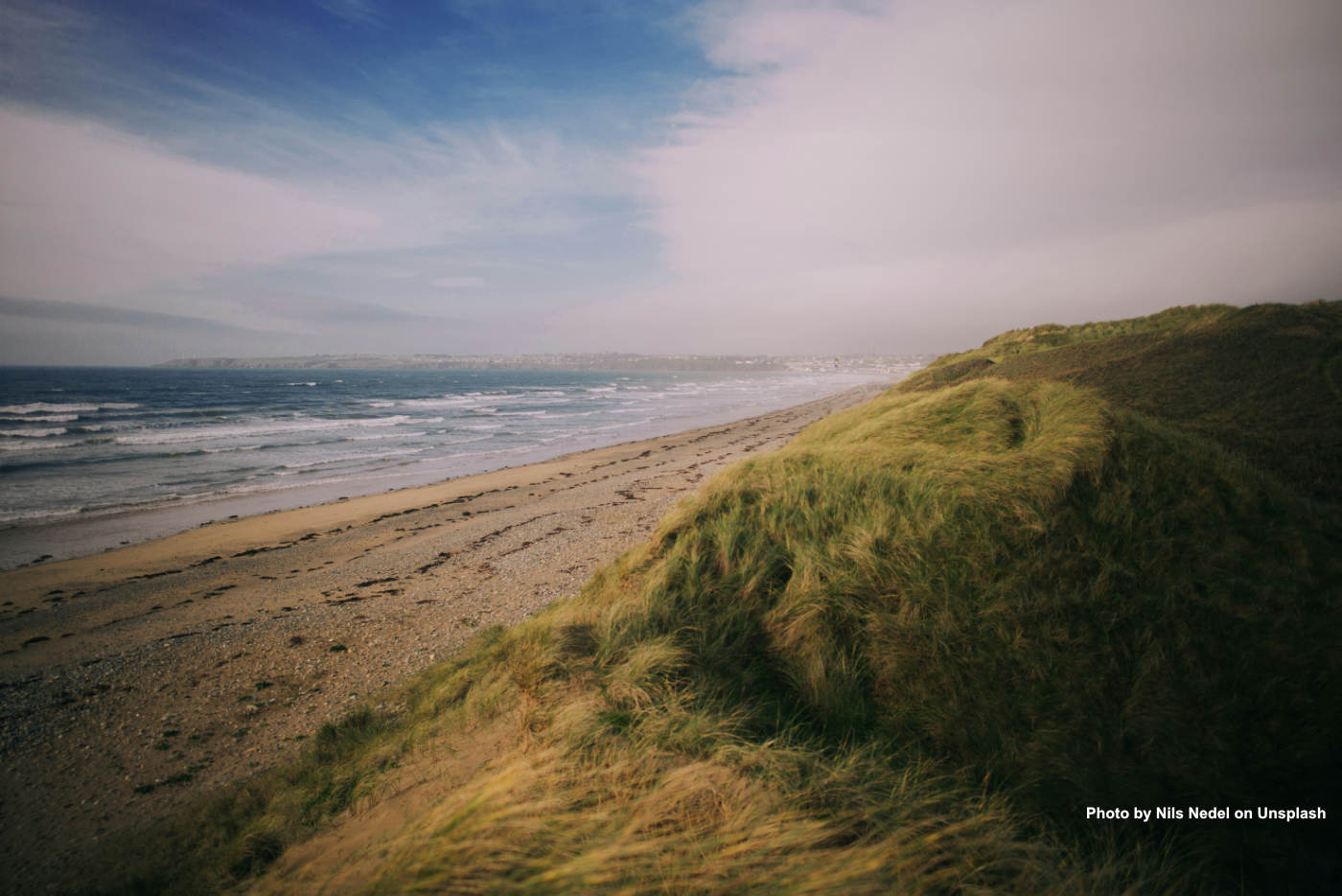
Ready to roll up your sleeves and start searching? Here are the best places to channel your inner prospector:
1. The Wicklow Mountains
The Wicklow Mountains are the crown jewel of Ireland’s gold hunting history. The Gold Mines River, located near Avoca, is a popular spot for amateur prospectors. The area’s stunning scenery, with its rolling hills and lush forests, makes the search for gold feel like an adventure straight out of a storybook.
2. Sperrin Mountains, County Tyrone
For those willing to venture to Northern Ireland, the Sperrin Mountains offer real potential. This region is known for its documented gold deposits and ongoing exploration projects. It’s a bit off the beaten path, but the rewards might just be worth it.
3. Beaches and Rivers Across the Country
Ireland’s coastline and rivers are full of surprises. While you’re unlikely to find gold on every beach, exploring places like Waterford’s “Gold Coast” can be a fun and scenic way to spend your time.
Chapter 5: Tools of the Trade
You don’t need to be a professional miner to search for gold in Ireland, but a few tools can make your quest more effective:
- A Pan or Sieve: For sifting through river sediments.
- A Metal Detector: Great for finding buried treasures or coins.
- Waterproof Boots: Essential for navigating Ireland’s rivers and streams.
- A Map: Many historic sites and potential gold spots are off the beaten path.
- Patience: Gold hunting is as much about enjoying the process as it is about the result.
Chapter 6: What to Do If You Don’t Find Gold
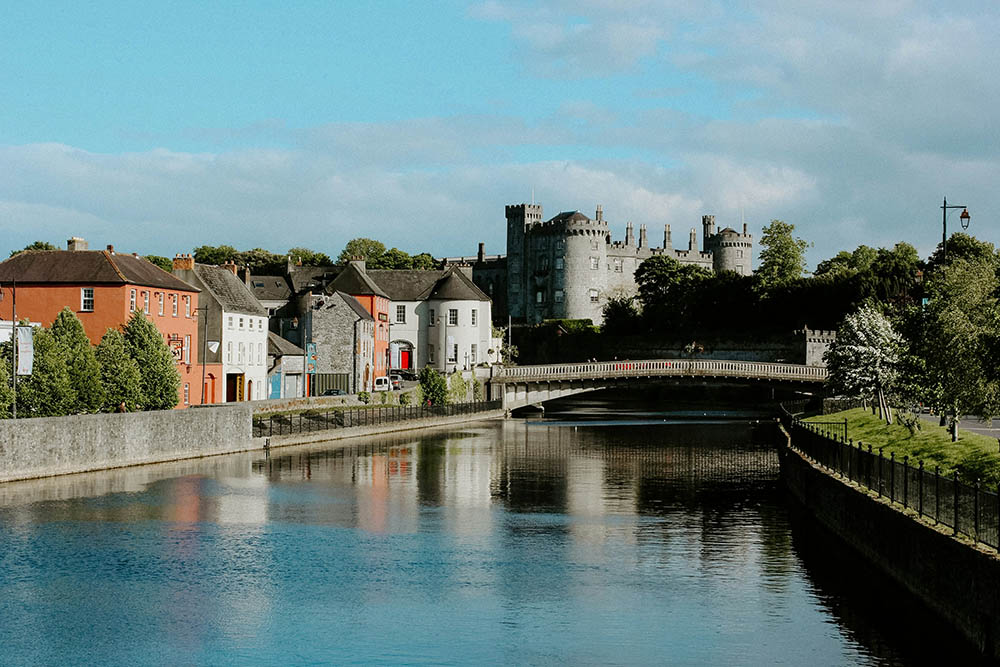
Not every treasure hunt ends with riches, but that doesn’t mean your journey is a waste. Here’s what to do if the gold eludes you:
1. Discover Ireland’s Other Treasures
Ireland is rich in culture, history, and natural beauty. Spend your time exploring ancient castles, wandering through quaint villages, and immersing yourself in the Irish way of life.
2. Embrace Golf Instead of Gold
Alright, let’s address the elephant in the room—maybe it was a typo, and you’re meant to be chasing birdies instead of nuggets. Luckily, Ireland is home to some of the world’s best golf courses, like Ballybunion, Lahinch, and Royal County Down. The Irish consider every day to be the best time to visit Ireland for gold (oh, I meant golf!)!
3. Shop for Gold
If all else fails, you can always head to Dublin or Galway and buy some beautiful gold jewelry or crafts. Ireland’s goldsmiths are renowned for their artistry, creating pieces inspired by the country’s rich history. Shops are open in Ireland 7 days a week and only close on the 25th and 26th of December. The best time to visit Ireland for gold? It’s always the best time to buy gold in Ireland for sure!
Chapter 7: The Real Treasure of Ireland
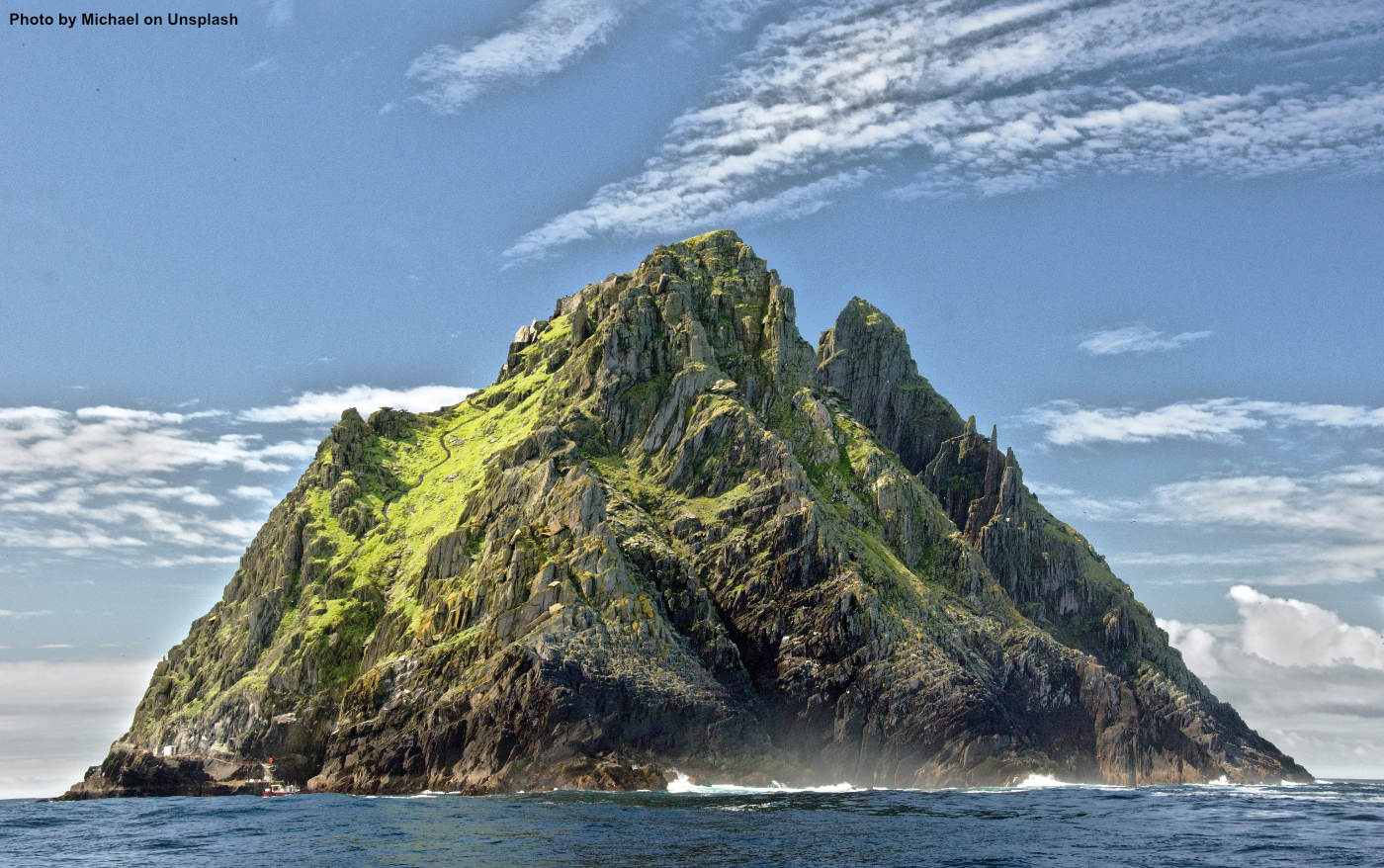
Sometimes, when you’re searching for gold, you stumble upon something far more valuable. Ireland is a land rich in treasures that aren’t measured in ounces or karats—they’re found in its people, culture, and the unforgettable experiences it offers. Let’s dig deeper into the real “gold” of Ireland. And to be fair, there is no best time to visit Ireland for gold; it can be found all year round!
The Golden Atmosphere
From the moment you step off the plane, you’ll notice there’s something special about Ireland, and right now is the best time to visit Ireland for gold! It’s in the misty hills that roll like velvet, the dramatic cliffs plunging into the Atlantic, and the ever-changing skies that shift from grey to gold in minutes. Ireland’s atmosphere has a magical quality that wraps around you like a warm embrace.
Whether you’re wandering through ancient ruins, gazing at a rainbow arching over a sleepy village, or standing atop the Cliffs of Moher as the waves crash below, the sheer beauty of Ireland is breathtaking. The air here is different—fresh, crisp, and carrying whispers of the past. It’s an atmosphere that stays with you long after you’ve left.
The Hospitality of the People
If Ireland had a national treasure, it wouldn’t be buried gold or historic artifacts—it would be its people. The Irish are renowned for their warmth, humor, and ability to make strangers feel like lifelong friends. Walk into any pub, and you’re likely to be greeted with a hearty “How are ye?” and a genuine smile.
Hospitality in Ireland goes beyond politeness—it’s a way of life. If you get lost in the countryside, don’t be surprised if someone offers to guide you personally (and maybe invite you in for tea and scones afterward). Conversations here aren’t rushed; they’re savored. Locals have a gift for storytelling, weaving tales that transport you to another time and place.
In Ireland, you’re never a tourist—you’re a guest. And by the time you leave, you might just feel like part of the family.
The Music: Ireland’s Heartbeat
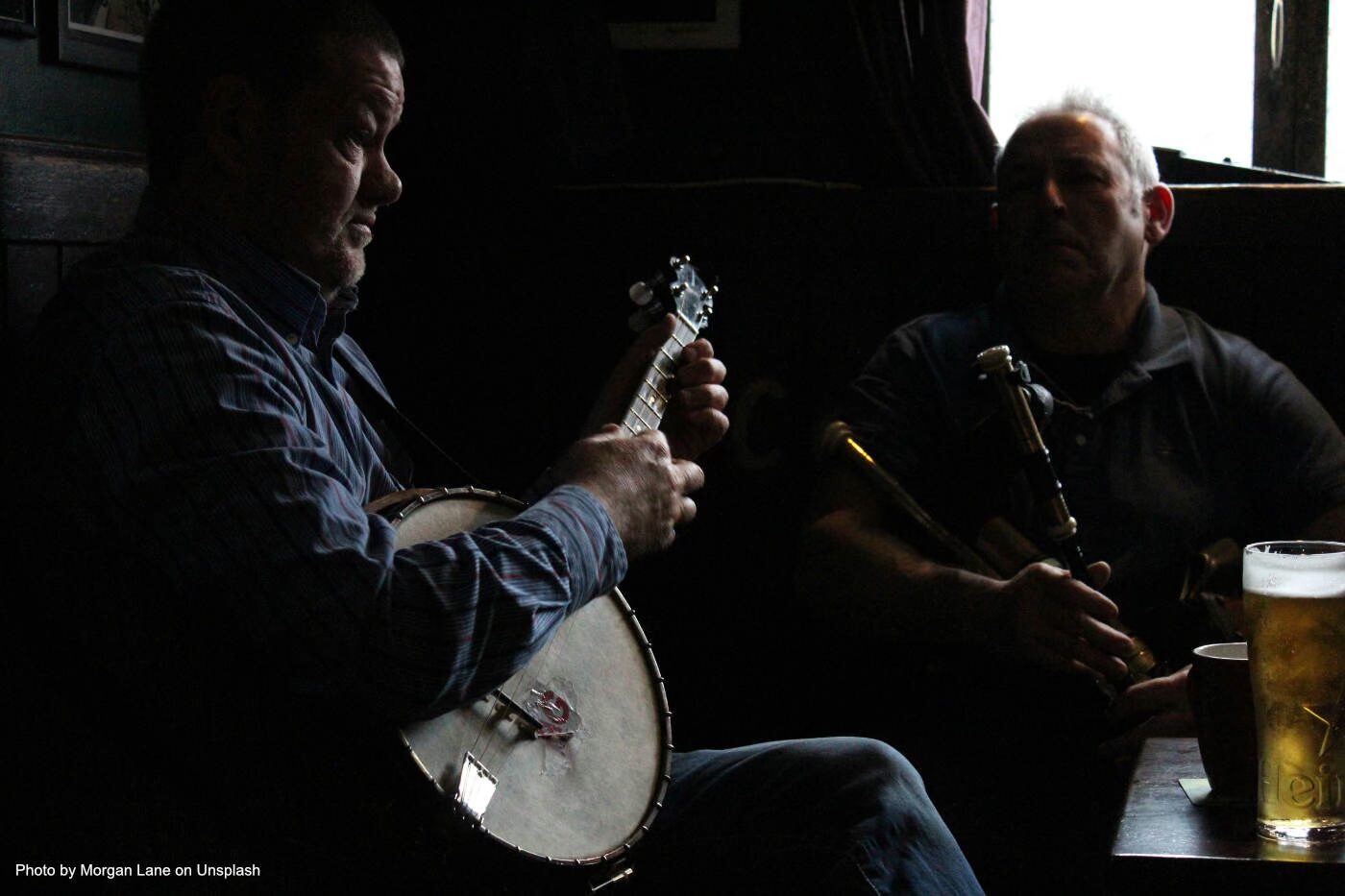
Music flows through Ireland’s veins like gold through its rivers. It’s not just a form of entertainment—it’s a living, breathing expression of the nation’s soul. Traditional Irish music, or “trad,” can be heard everywhere, from bustling Dublin pubs to tiny village gatherings.
There’s something electric about sitting in a dimly lit pub, pint in hand, as a group of musicians gathers in the corner. The fiddles, bodhráns, and tin whistles create a sound that’s both haunting and exhilarating. The melodies tell stories of love, loss, rebellion, and joy, connecting you to generations past.
But it’s not just the traditional tunes. Ireland has produced some of the world’s most famous musicians, from U2 to Enya, and music festivals here are legendary. Wherever you go in Ireland, the music finds you—and it’s an experience you’ll carry in your heart forever.
The Pubs: More Than Just a Pint
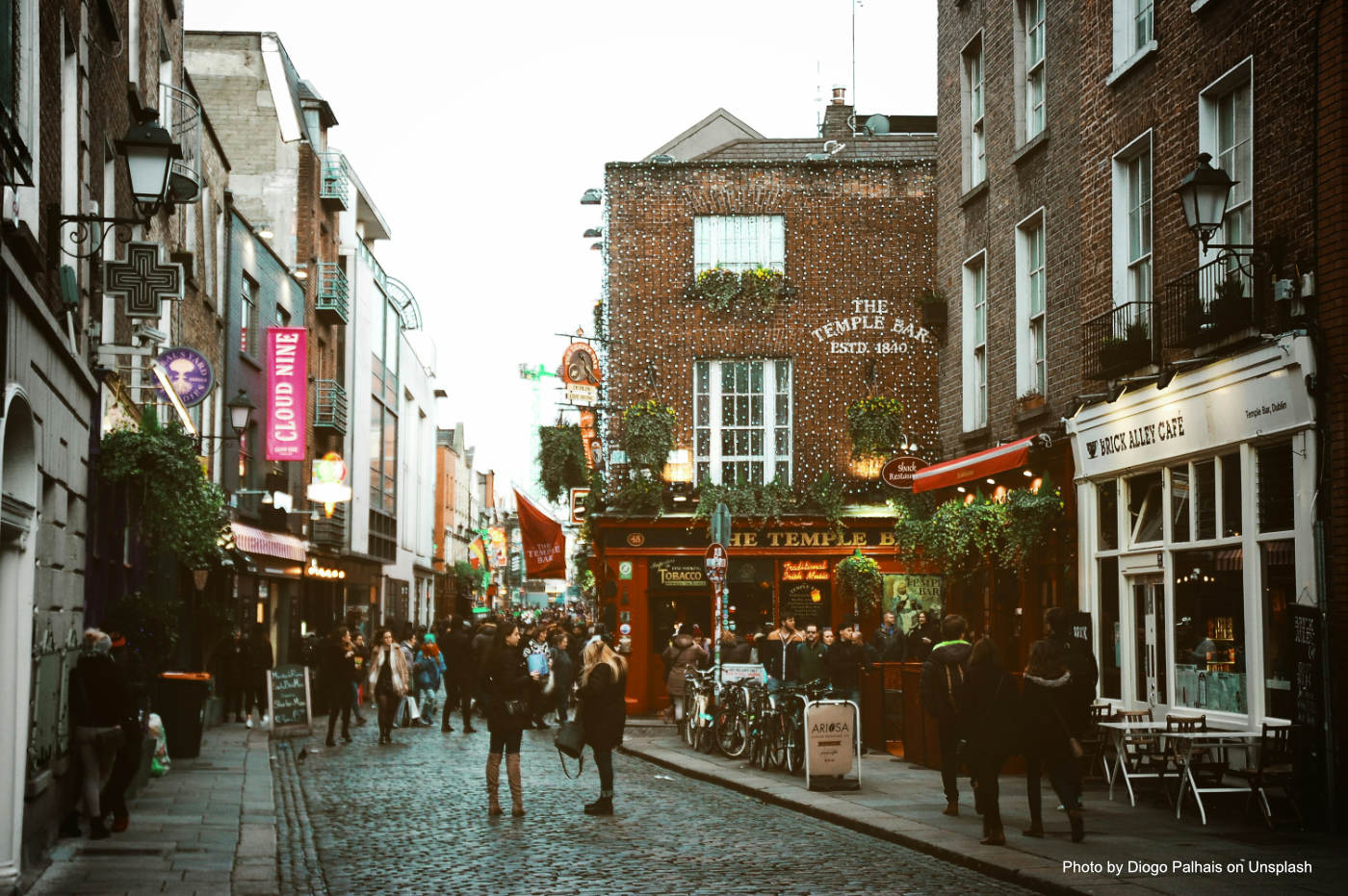
Irish pubs are more than just places to grab a drink—they’re cultural institutions. Step inside, and you’ll find a microcosm of Irish life. Locals gather here to swap stories, share laughs, and occasionally solve the world’s problems over a pint of Guinness or a glass of whiskey.
Each pub has its own character, from the historic establishments in Dublin’s Temple Bar (both a pub and an area of Dublin) to the cozy rural spots with turf fires crackling in the corner. You’ll find musicians playing in the corner, dogs snoozing by the hearth, and bartenders who seem to know everyone by name.
The pub is where you experience the famed Irish “craic”—a word that means fun, banter, and good times all rolled into one. It’s a space where strangers become friends, and where you feel like you belong, no matter where you’re from.
The Storytelling Tradition
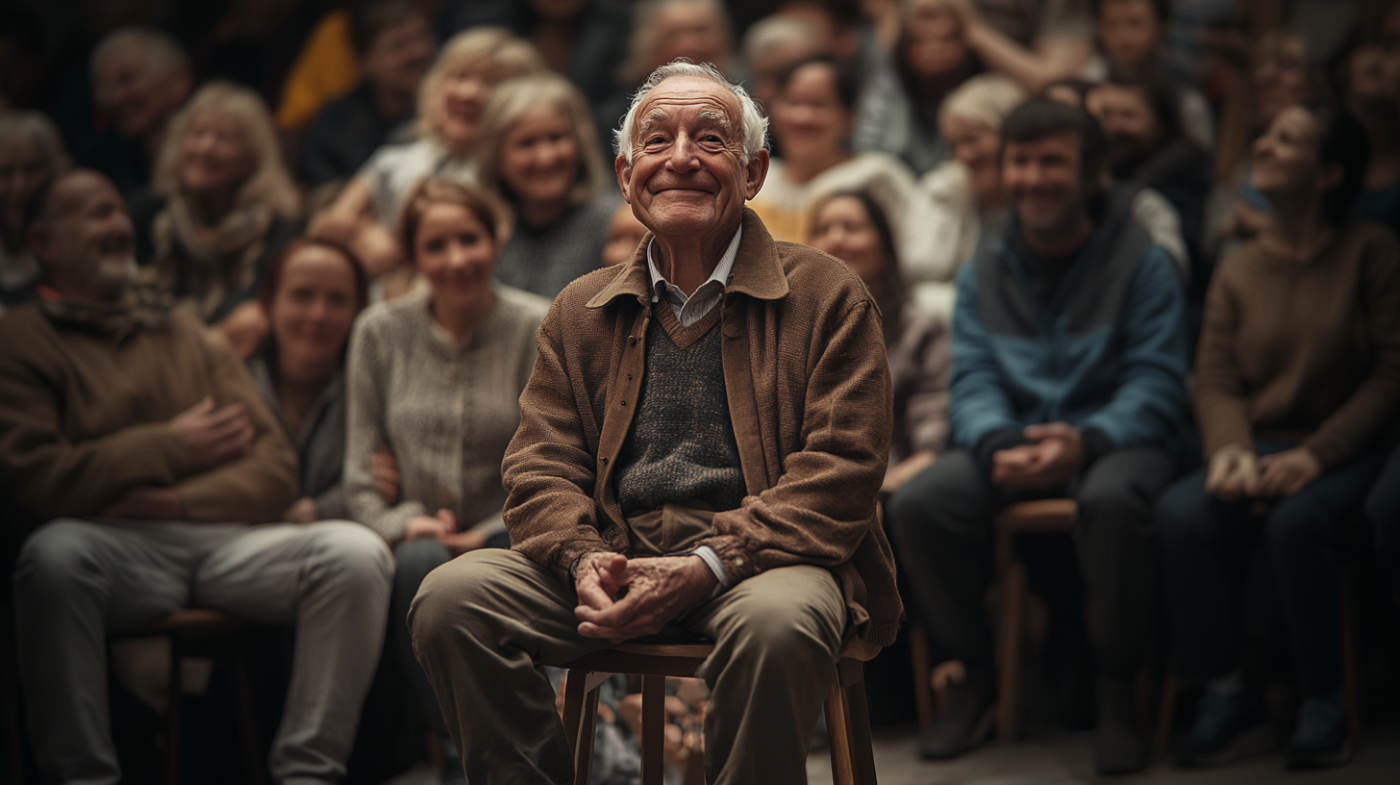
Ireland is a land of storytellers. It’s in the DNA of its people, passed down from the ancient Celts who gathered around fires to share tales of gods, heroes, and magical creatures. Today, storytelling is alive and well, whether in a formal setting like a literary festival or during a casual chat with a local.
Every place in Ireland has a story, and the locals are more than happy to share them. They’ll tell you about the haunted castle just down the road, the legendary saint who blessed a nearby well, or the mischievous fairy that caused their tractor to break down last week. The way they tell it—full of humor, drama, and just a touch of exaggeration—you’ll find yourself hanging on every word.
This storytelling gift isn’t just entertaining; it’s a window into Ireland’s rich history and culture. It connects you to the land and its people in a way that feels timeless.
The Festivals and Celebrations
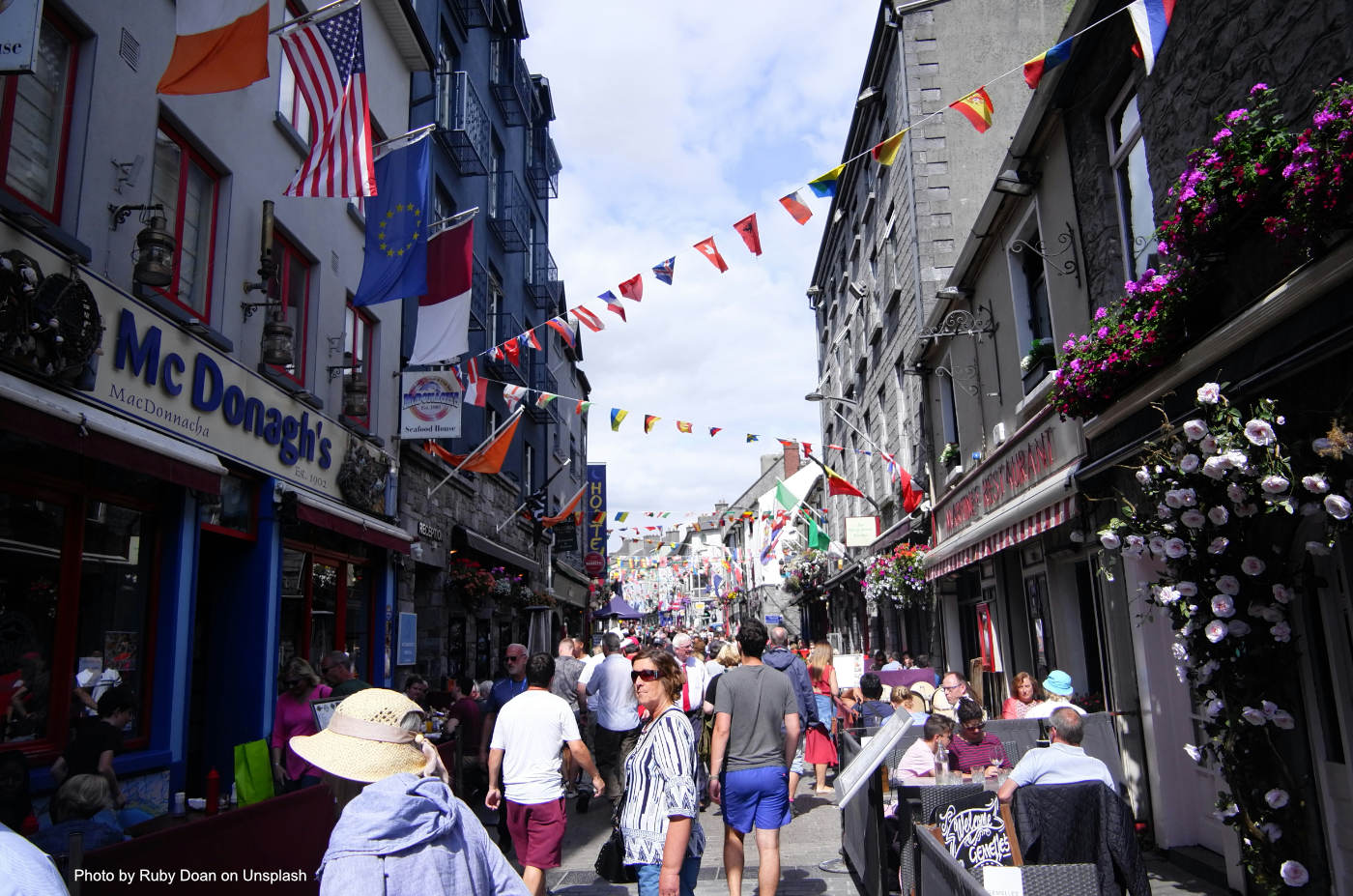
Ireland loves a good celebration, and there’s always something happening, no matter when you visit. Festivals here are vibrant, inclusive, and a chance to experience the heart of Irish culture.
From the raucous St. Patrick’s Day parades in March to the Puck Fair in August (where a goat is crowned king), Irish festivals are wonderfully unique. There are music festivals, literary gatherings, food fairs, and even matchmaking festivals, each offering its own flavor of fun.
The beauty of Irish festivals lies in their community spirit. Whether you’re dancing in the streets, sampling local delicacies, or listening to poetry recitals, you’ll feel like you’re part of something special.
The Natural Wonders
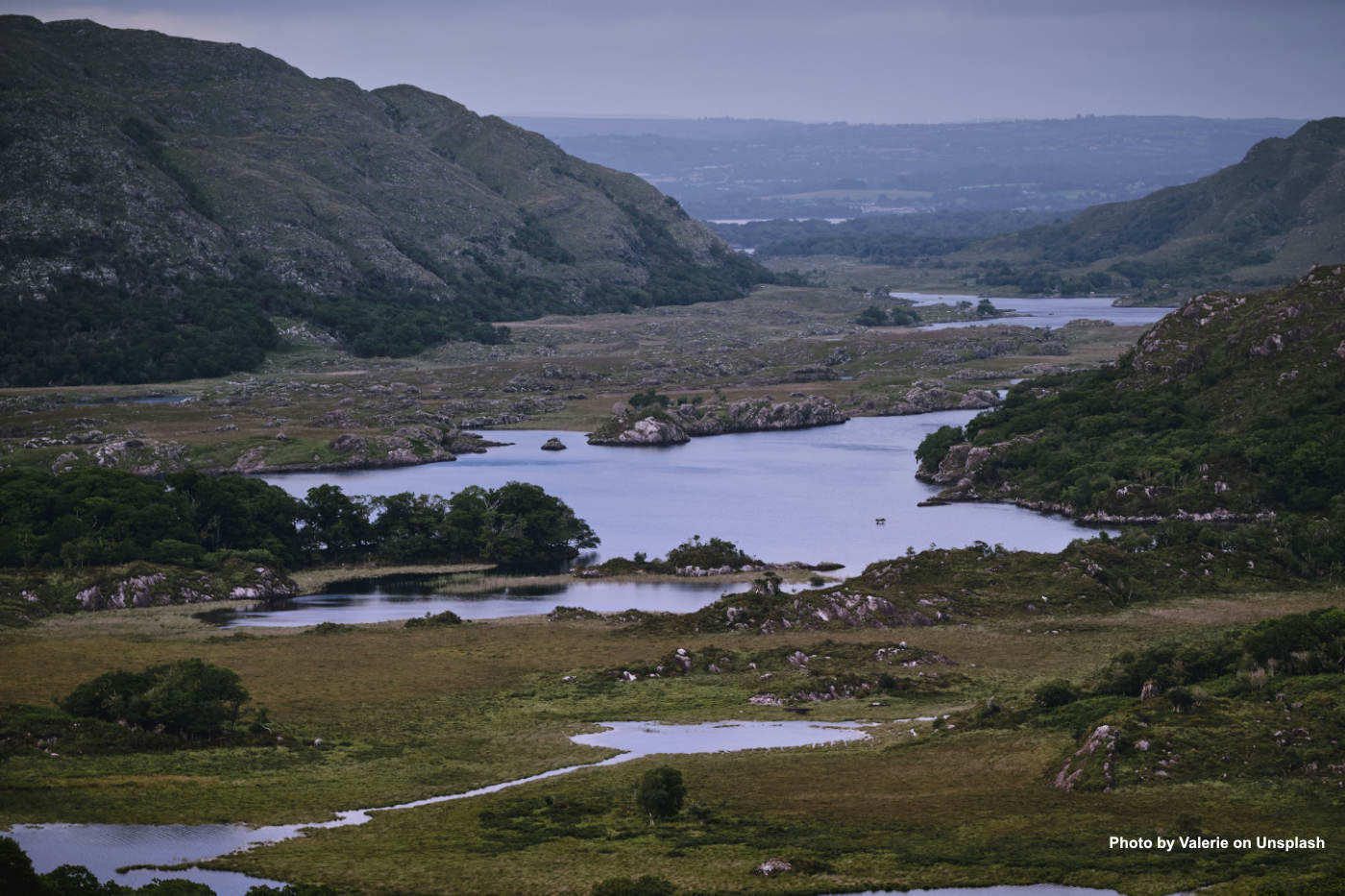
Ireland’s landscapes are like a living postcard. You’ll find rugged coastlines, serene lakes, and lush green hills that stretch as far as the eye can see. But it’s not just the scenery—it’s the feeling these places evoke.
Take a walk along the Giant’s Causeway, with its otherworldly basalt columns shaped by ancient volcanic activity. Or stand atop the windswept Cliffs of Moher, gazing out at the endless Atlantic Ocean. Visit the mystical Burren, where wildflowers bloom between cracks in the limestone, or hike through the otherworldly beauty of Killarney National Park.
Ireland’s natural wonders aren’t just sights to see—they’re experiences to feel. Each place has its own unique atmosphere, leaving you with a deep sense of awe and connection.
The Food and Drink
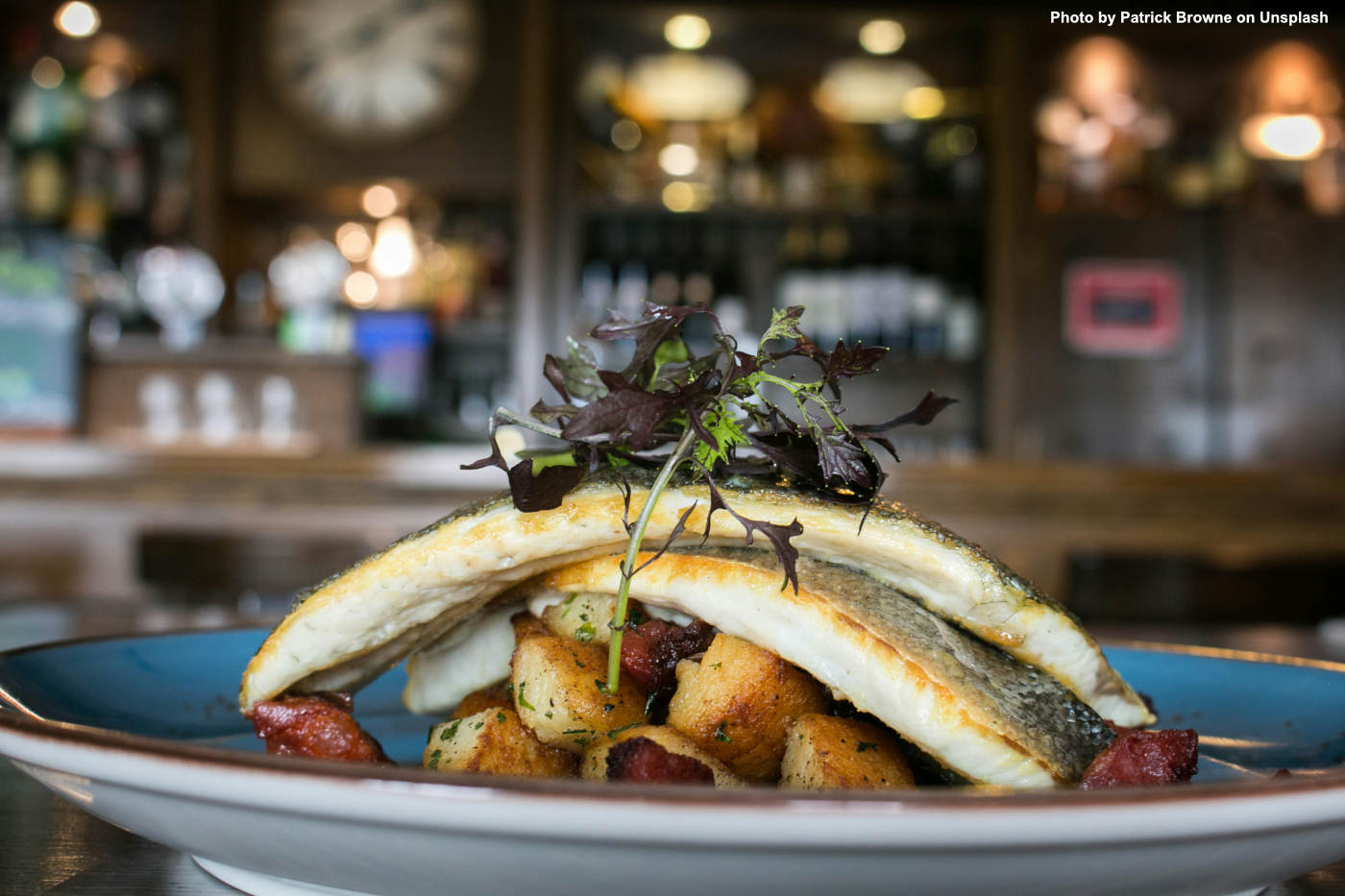
Irish cuisine has come a long way from its stereotype of plain meat and potatoes. Today, the food scene is thriving, with farm-to-table restaurants, artisan producers, and innovative chefs putting a modern twist on traditional dishes.
Savor a hearty Irish stew on a cold day, indulge in fresh seafood chowder by the coast, or try boxty, a traditional potato pancake that’s comfort food at its finest. And don’t forget the drinks! Ireland’s whiskey distilleries are world-class, and a perfectly poured pint of Guinness tastes better here than anywhere else.
Food and drink in Ireland are about more than sustenance—they’re about connection. Every meal is an opportunity to share stories, laughter, and memories with the people around you.
In the end, the real gold in Ireland isn’t something you dig up or pan for in a river. It’s the atmosphere, the people, the music, the stories, and the moments that make you feel alive. The treasures of Ireland can’t be measured in wealth—they’re experienced with the heart.
So, pack your bags and get ready to uncover the true riches of the Emerald Isle. You won’t need a metal detector or a map—just an open mind and a sense of adventure.

